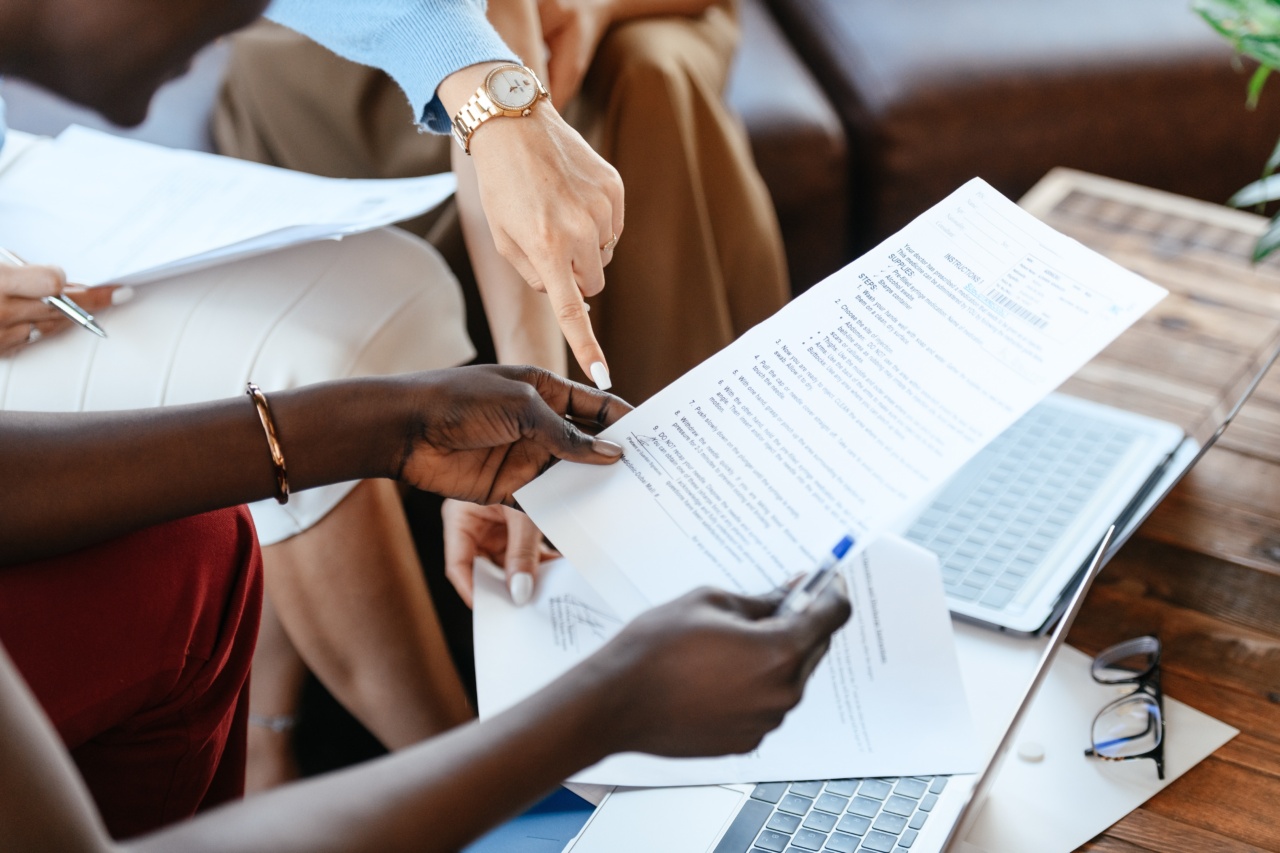After indulging in sexual activity, most people have an innate urge to urinate. However, if you are someone who doesn’t immediately feel the need to pee post-sex, it’s essential to know that doing so is crucial for your health and wellbeing.
Let’s dive into the reasons why it’s necessary to pee after sex.
1. Prevent UTIs
Urinary tract infections (UTIs) are a common complaint among women who are sexually active. When you have sex, bacteria from your genital area can enter your urethra, causing infection and inflammation in the urinary tract.
If you pee after sex, you can eliminate the bacteria present in the urethra, reducing the risk of UTIs.
2. Flush out bacteria and toxins
When you pee, you flush out the bacteria and toxins present in the urinary tract. This reduces your risk of developing infections and other health problems.
With proper hydration and frequent urination, you can keep your urinary tract healthy and free from bacteria and other harmful substances.
3. Keep kidney stones at bay
When you pee regularly, you prevent the buildup of certain minerals and substances in your bladder, which can lead to kidney stones. Kidney stones are painful and can cause complications like kidney damage and infections.
Peeing after sex helps eliminate these minerals from your body, keeping kidney stones at bay.
4. Stay hydrated
After sex, your body loses fluids, and you need to replenish them by drinking water. Peeing after sex ensures that you’re staying hydrated, which is essential for your overall health.
Drinking enough water also helps flush out toxins from your body and keeps your body functioning optimally.
5. Keep your vulva healthy
When you pee after sex, you’re also reducing your risk of vaginal infections. Bacteria and fungi can accumulate near your vagina after sex, and peeing can flush these out, reducing the likelihood of an infection.
Moreover, frequent urination can keep your vulva clean and healthy.
6. Promote overall vaginal health
Peeing after sex can also promote overall vaginal health. It helps maintain the right pH balance in the vagina, which, in turn, reduces the risk of infections.
7. Prevent bladder infections
Not peeing after sex can significantly increase your risk of developing bladder infections. When bacteria enter your bladder, they can cause inflammation and infections.
However, when you pee, you flush out these bacteria, reducing the risk of bladder infections.
8. Promote sexual health
Peeing after sex can also promote sexual health. It ensures that you’re maintaining proper hygiene and reducing the risk of infections. Moreover, healthy sexual habits play an important role in overall wellbeing.
9. Ease discomfort
Some people experience discomfort after sex, which is usually due to minor bladder irritation. Peeing after sex can ease this discomfort and promote overall comfort and wellbeing. Moreover, it can help prevent more serious bladder complications.
10. It’s easy and simple!
Peeing after sex is a simple and easy process. It only takes a minute or two and can have a significant impact on your health and wellbeing. So, make it a habit to pee after sex and stay healthy!.































